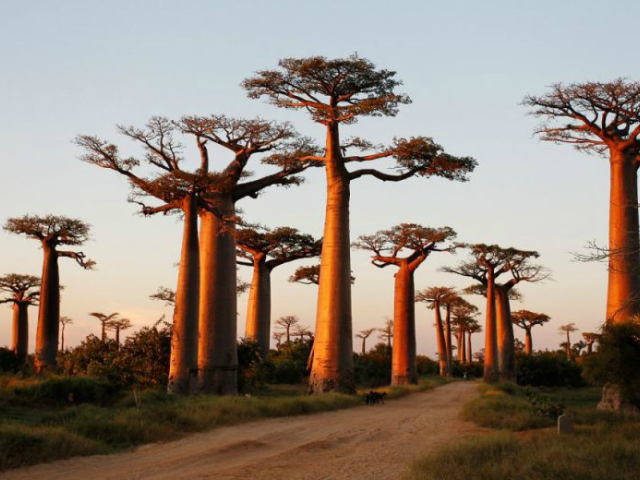Madhya Pradesh Switch to Hindi
Committee to Implement Biodiversity Act
Why in News?
Recently, the Madhya Pradesh high court ordered the state government to set up a committee to implement the Biodiversity Act, 2002.
Key Points
- The high court started hearing the case as a Public Interest Litigation (PIL) after taking suo motu cognisance of a report published on protests by tribals against the translocation of Baobab trees by a Hyderabad businessman.
- The report highlighted the heritage and historical value of the trees, native to Africa, but likely brought to this corner of Madhya Pradesh by African soldiers hired by the local Islamic Kingdoms between the 10th and 17th century.
- The state government subsequently stripped the forest department of power to permit translocation of Dhar’s famed Baobab trees, and decided that this can be done only by the State Biodiversity Board.
The Biological Diversity Act, 2002
- The act was enacted in 2002, it aims at the conservation of biological resources, managing its sustainable use and enabling fair and equitable sharing benefits arising out of the use and knowledge of biological resources with the local communities.
Baobab Trees
- Type of Trees: Baobabs are deciduous trees ranging in height from 5 to 20 meters.
- Deciduous forest is a vegetation composed primarily of broad-leaved trees that shed all their leaves during one season.
- Found in: The African baobab (Adansonia digitata) is one of the nine species of baobab and is native to mainland Africa. They are also found in African Savannah.
- The African savanna ecosystem is a tropical grassland with warm temperatures year-round and with its highest seasonal rainfall in the summer.
- Tree of Life: As African baobab is a succulent, which means that during the rainy season it absorbs and stores water in its vast trunk, enabling it to produce a nutrient-dense fruit in the dry season when all around is dry and arid.










%20MPPCS%202025%20Desktop%20E.jpg)
%20MPPCS%202025%20Mobile%20E%20(1).jpg)










.png)
.png)











 PCS Parikshan
PCS Parikshan


